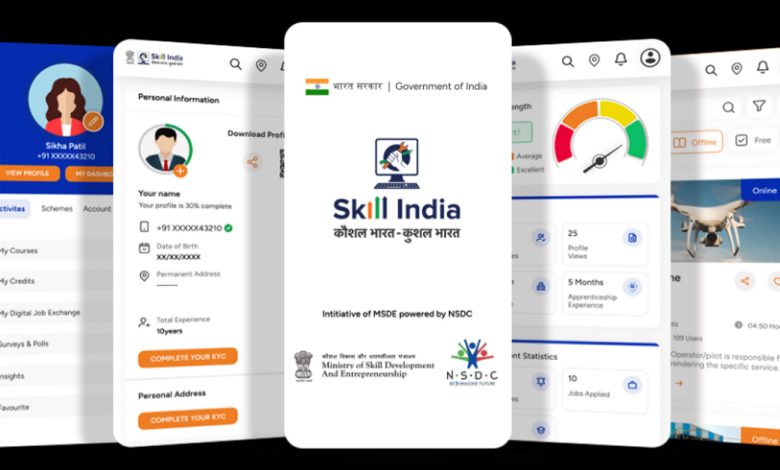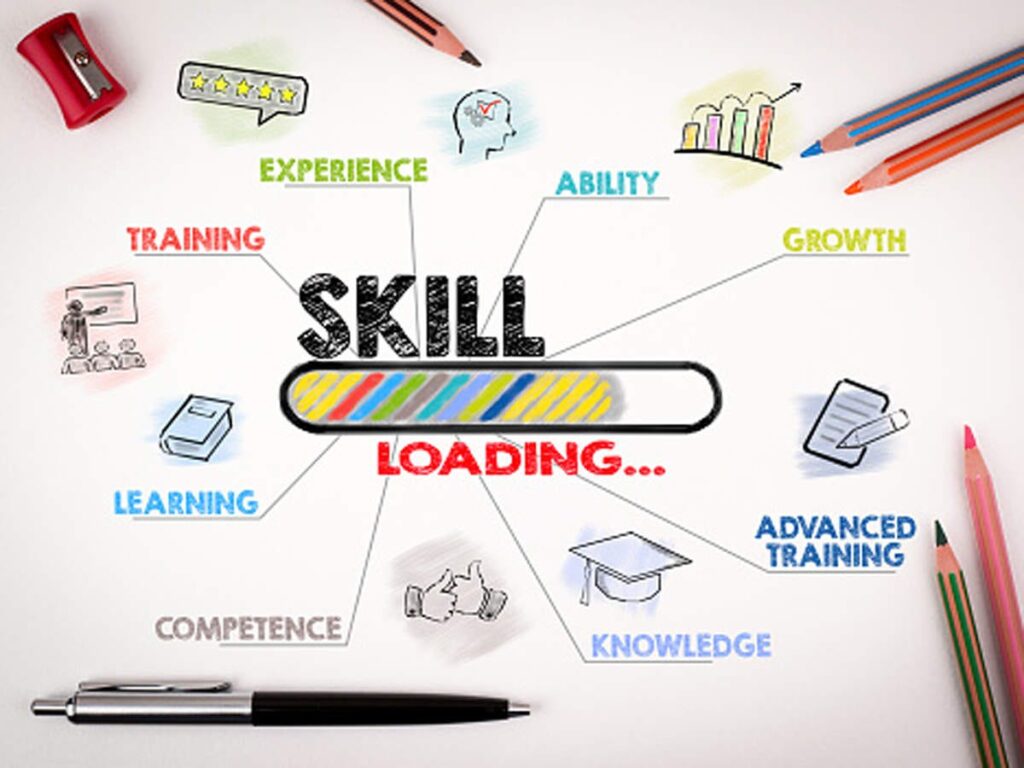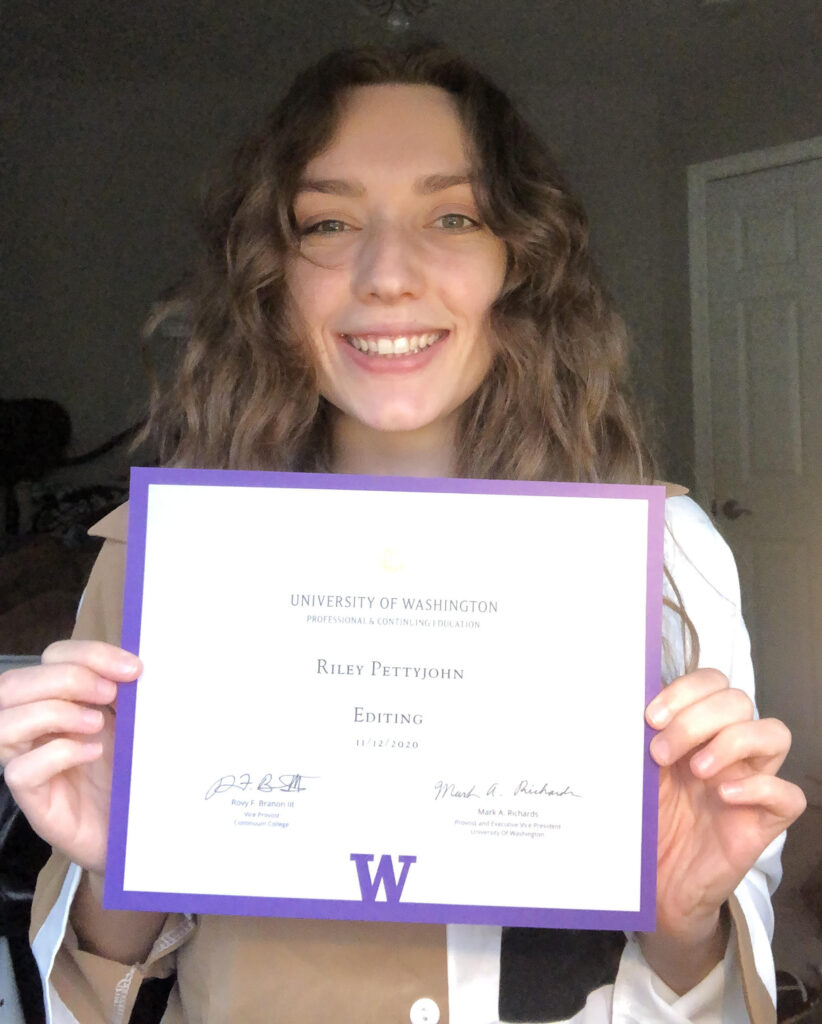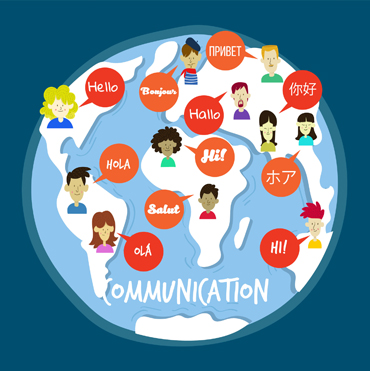Talent vs. Skill in an Indian Context











Unveiling the Nuances: Talent vs. Skill in an Indian Context by Ranjan Kumar December 28, 2023
In the realm of human abilities, the terms “talent” and “skill” are often used interchangeably,
but they carry distinct meanings that shape our understanding of individual capabilities. This
blog post delves into the nuances, drawing a clear distinction between talent and skill,
accompanied by real-world examples, including those from India.
Talent: A Natural Gift
Talent is an innate, natural ability or aptitude that individuals possess from birth or develop
early in life. It’s often viewed as a gift, making certain activities or tasks come more
effortlessly to some. One classic example of natural talent in an Indian context is the innate
ability of sitar maestro Ravi Shankar. From a young age, Shankar showcased an
extraordinary proficiency in playing the sitar, a talent that laid the foundation for his
legendary contributions to Indian classical music.
The nature of talent sets it apart as something one is born with, providing a foundation for
various activities. However, it’s essential to note that talents can be refined through practice
and education. For instance, a natural aptitude for mathematical reasoning can be honed into
exceptional problem-solving skills through dedicated training and learning.
Skill: A Craft Honed Through Effort
On the flip side, skill is a learned ability to perform a task proficiently. Unlike talent, skills
are not necessarily present from birth; they are acquired through deliberate effort, practice,
and experience. Consider the skills of Indian chef Sanjeev Kapoor, who has mastered the art
of culinary expertise. Kapoor’s culinary prowess wasn’t an inherent gift but a product of
education, continuous learning, and intentional effort.
Skills are often task-specific and can be transferred and applied in different contexts.
Proficiency in traditional Indian cooking, digital marketing, or event management are all
examples of skills acquired through intentional learning and practice. The acquisition of skills
is a dynamic process that involves honing techniques, gaining knowledge, and building
expertise over time.
Development: Refining the Raw Material
Both talent and skill undergo development, albeit through different pathways. Talents, being
innate, can be refined through practice and education. Take the case of a natural orator in
India who, through communication courses and public speaking engagements, refines their
ability to captivate an audience. This amalgamation of natural talent and cultivated skill often
results in remarkable achievements.Skills, being acquired through intentional learning, are subject to continuous development.
An Indian software developer, for instance, may enhance their coding skills by staying
updated on industry trends, attending workshops, and working on diverse projects. The
intentional development of skills often leads to increased proficiency and versatility in
various tasks.
Real-World Examples from India
Talent Exemplified: Ravi Shankar’s Sitar Prowess
Ravi Shankar’s unparalleled musical talent is a testament to the awe-inspiring potential of
innate abilities in an Indian context. From a young age, Shankar displayed an extraordinary
gift for playing the sitar, a talent that not only contributed to his personal achievements but
also enriched the cultural landscape of Indian classical music.
Skill Showcased: Sanjeev Kapoor’s Culinary Mastery
Sanjeev Kapoor, the celebrated Indian chef, epitomizes the power of acquired skills. His
culinary journey involves acquiring knowledge of diverse cuisines, developing cooking
techniques, and cultivating a deep understanding of flavors. Kapoor’s culinary expertise is a
result of deliberate skill development, transforming him into an icon in the world of Indian
gastronomy.
Application: From Foundations to Specific Contexts
The application of talent and skill diverges in their versatility. Talents often serve as
foundational elements that can be channeled into various activities. Consider an Indian artist
with a natural talent for painting whose skills can be applied not only in traditional canvas art
but also in digital mediums or mural projects.
Skills, being task-specific, find application in particular contexts. A skilled Indian software
developer may excel in coding complex algorithms for an e-commerce platform but might
not necessarily possess the same level of proficiency in, for instance, graphic design.
Transferability: Innate vs. Deliberate
Talents, by their very nature, are often less transferrable between tasks. Ravi Shankar’s sitar
playing talent doesn’t necessarily translate into expertise in traditional dance forms. Talents
are deeply ingrained in specific areas, contributing to their uniqueness.
On the other hand, skills are designed to be transferable. The coding skills of an Indian
software developer can be applied across various programming languages and projects. The
deliberate nature of skill acquisition makes them adaptable to different situations and
industries.
Conclusion: Navigating the Interplay in an Indian Context
In navigating the interplay between talent and skill in an Indian context, it’s essential to
recognize their unique contributions to individual capabilities.
Let’s summarize the differences first:
Aspect
Talent
Skill
Definition
Innate, natural ability or
aptitude.
Learned ability to perform a task
proficiently.
Nature
Inherent, often present from
birth or early age.
Developed through practice, training, and
experience.
Development
Can be refined through
practice and education.
Acquired through deliberate effort and
practice.
Acquisition
Naturally possessed or
acquired early in life.
Acquired through intentional learning and
training.
Application
Can be a foundation for
various activities.
Task-specific, applicable in specific contexts.
Transferability
Inherent, less transferrable
between tasks.
Can be transferred and applied in different
situations.
Example
A R Rahman’s natural musical
talent, evident from a very
young age.
Narayanmurthy’s skill in engineering and
entrepreneurship, developed through
education, experience, and deliberate effort.
Talents offer a natural starting point, while skills empower individuals to expand their
horizons through deliberate effort and continuous learning.
Understanding this dichotomy is valuable for personal development and education in the rich
cultural landscape of India. Recognizing innate talents provides a foundation for exploring
potential areas of interest, while intentionally acquiring skills empowers individuals to
navigate diverse challenges and excel in specific domains.
In essence, talent and skill, when harmoniously embraced, create a dynamic synergy that
propels individuals in India toward extraordinary achievements. Whether one is born with a
natural gift or embarks on a journey of deliberate skill acquisition, the interplay between
talent and skill shapes the narratives of our lives, defining the unique contributions each
individual brings to the culturally diverse canvas of India.